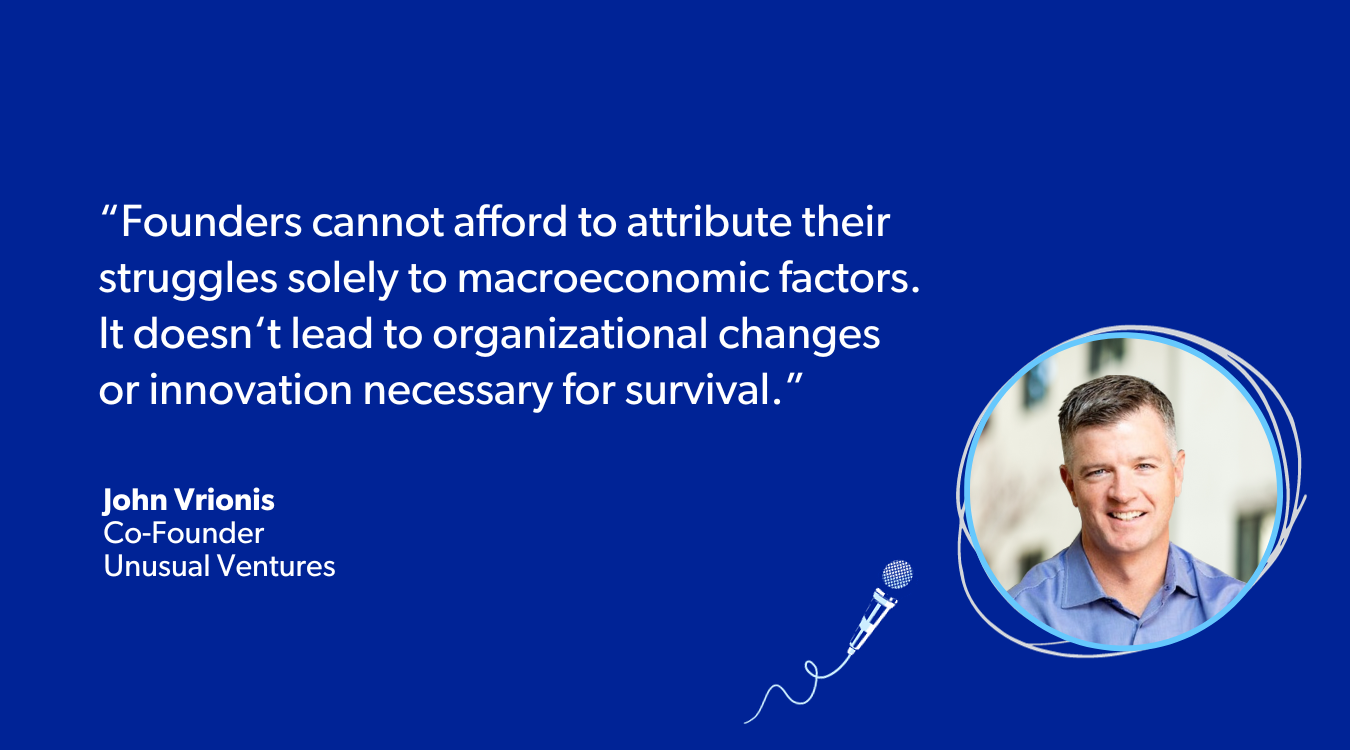
I recently wrote about the idea that startups can lose product-market fit and that Founders need courage in order to lead in these situations. I received a lot of questions about this (thank you!), so I thought I would elaborate.
The harsh truth is that in prosperous times, consumers and businesses alike are more inclined to indulge in products that enhance or add convenience to their lives or operations. However, when economic tides turn, these same products are often the first to experience reduced demand. This phenomenon is not merely a reflection of changing customer preferences but a fundamental reassessment of value. For Founders and startup teams, this necessitates a deep, often uncomfortable introspection about the actual value their products bring to the market.
In the current climate, where every financial decision is scrutinized, startups are facing a stark reality: products that were once considered desirable are now being reevaluated by customers as nice-to-haves rather than must-haves. This shift has significant implications for startups that may have previously enjoyed success in more forgiving market conditions. The durability of product-market fit is put to the test, revealing a crucial distinction between essential and optional offerings.

Founders cannot afford to attribute their struggles solely to macroeconomic factors. It doesn’t lead to the organizational changes or innovation necessary for survival. Instead, Founders need to exercise intellectual honesty and confront the possibility that their product might not be as indispensable as previously thought. The good news is this realization is not the end, but rather the starting point of a crucial strategic pivot.
This pivot involves rethinking the core value proposition of the product. It’s about going back to the drawing board and asking fundamental questions:
In answering these questions, startups might find that their product needs substantial reengineering or, in some cases, a complete overhaul. This process might entail redefining target markets, adjusting the characteristics of the ICP, or even fundamentally changing the product’s features and functionalities.
For startups, adapting to these new realities is not just about survival; it’s about seizing the opportunity to emerge stronger and more relevant than before. This approach demands creativity and a willingness to venture (back) into uncharted territory. Ultimately, those leadership teams that can adapt their value proposition to meet the real, pressing needs of their customers are the ones that will not only survive but thrive in any economic climate. More successful startups went through this exact same test than most people realize!
This article was originally published here on John Vrionis’ LinkedIn.
Read more about product-market fit
Do startup leaders need more knowledge or more courage?
Ideal customer profiles in enterprise software: a deep dive in The Unusual Field Guide
Think you’re ready to pivot? Here’s how to get investors on board